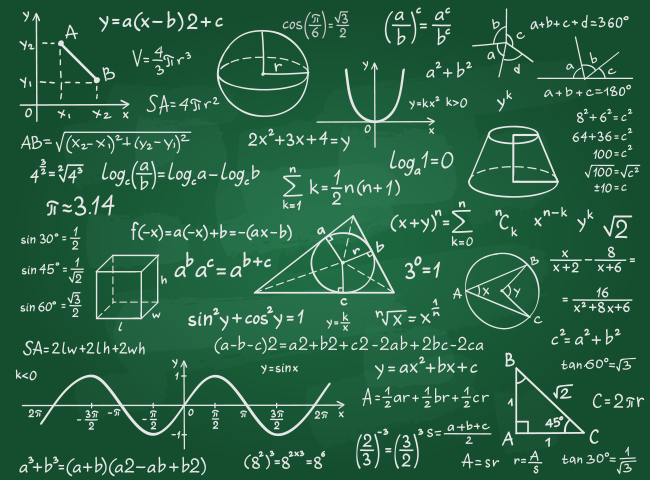
Common test mathematics provides a full range of selection questions
Regarding the range of questions in this mathematics, the common test for XNUMX is to select and answer from multiple items. XNUMX items will be selected and answered from a total of XNUMX items, XNUMX items of "Math B" (sequence / statistical guess) and XNUMX items of "Math C" (vector / curve on plane and complex number plane). I am.
In other words, one or two items from both "Math B" and "Math C" will be selected and answered.If you are a student taking an examination in science and engineering or medicine, you will often choose "sequence, vector, curve on plane and complex plane".It seems that many students taking the social sciences will choose and answer "sequences, vectors, and statistical guesses."
In this way, in the common test, "Math C" is set as a subject, so many high schools have to deal with "Math C" even for liberal arts students in class.Most of them are in the third year of liberal arts, and they will put "math C" and learn almost only "vector".In high school timetables, even liberal arts students are likely to gain more weight in mathematics.With that in mind, it seems that the day when "information" will replace mathematics in entrance exams will go further away.
